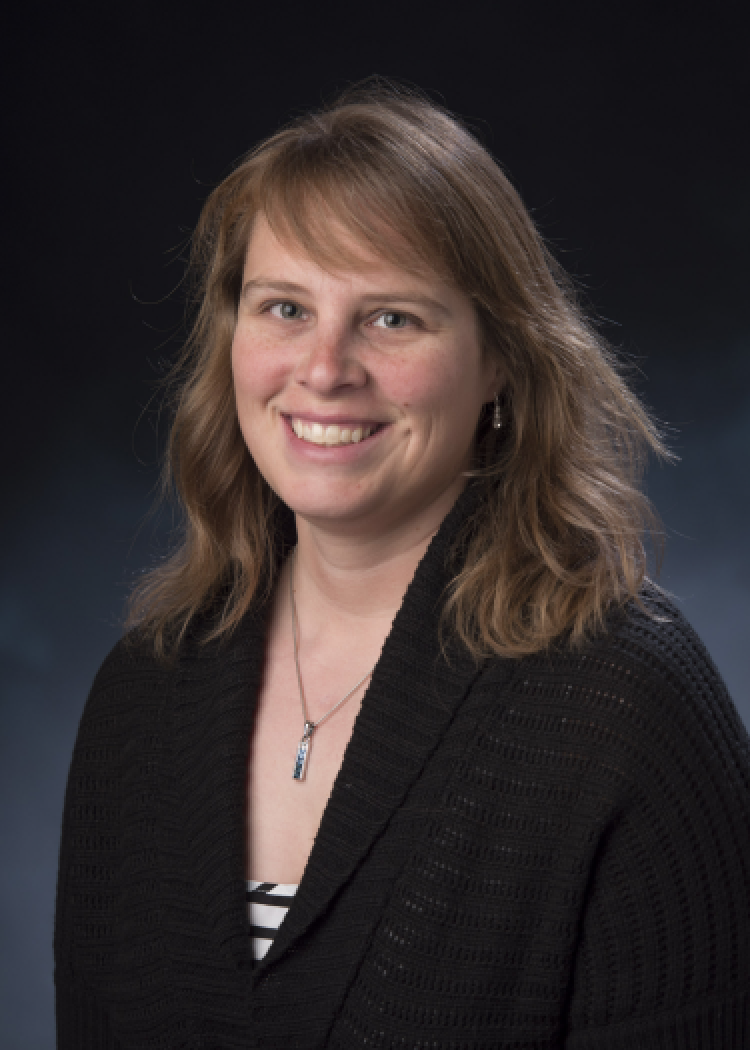CU Boulder to play leading role in $10 million cyberinfrastructure initiative

Dr. Shelley Knuth, assistant vice chancellor of Research Computing at CU Boulder and MATCH principal investigator
The University of Colorado Boulder will lead a five-year, $10 million National Science Foundation-funded initiative to reimagine cyberinfrastructure user support services and delivery to keep pace with the evolving needs of academic scientific researchers.
The CU Boulder-led initiative—MATCH, or Multi-tier Assistance, Training and Computational Help—is part of a larger program called Advanced Cyberinfrastructure Coordination Ecosystem: Services and Support (ACCESS). ACCESS is replacing the Extreme Science and Engineering Discovery Environment (XSEDE), which has been the leading program for NSF-funded cyberinfrastructure in the U.S. for the past eleven years.
According to the NSF, ACCESS “aims to establish a suite of cyberinfrastructure coordination services—meant to support a broad and diverse set of requirements, researchers and modes from all areas of science and engineering research and education—set up as five independently managed yet tightly cooperative service tracks supported by a coordination office.”
One of the five ACCESS tracks, MATCH is spearheaded by CU Boulder’s Research Computing group. Other organizations participating in MATCH include the Massachusetts Green High Performance Computing Center (MGHPCC), University of Southern California Information Sciences Institute, the Ohio Supercomputer Center, and the University of Kentucky. MATCH proposes a new model for cyberinfrastructure (CI) support services that reflects significant changes in the size and composition of the user group community.
“CU Boulder and our MATCH collaborators will lead this groundbreaking effort nationally by leveraging existing tools, interfaces and community experts to assist researchers using NSF-funded cyberinfrastructure to most effectively conduct their research,” said Dr. Shelley Knuth, assistant vice chancellor of Research Computing at CU Boulder and MATCH principal investigator. “This project will have a transformative impact on the national research cyberinfrastructure.”
MATCH will:
- Leverage modern information delivery systems and simplify user interfaces to provide cost-effective scaled support to a broader community
- Engage experts from the community to develop training materials and instructions to reduce the user learning curve for an expanding range of systems, applications and computational techniques
- Employ a matchmaking service that will maintain a database of specialist mentors and student mentees that can be matched with projects that provide the domain-specific expertise needed to leverage ACCESS resources
The MATCH project will include the Pegasus workflow-management system; Open OnDemand, an interactive interface to remote computing resources; and the Connect.CI portal currently led by the Northeast Cyberteam in the framework for the multi-tiered approach to support.
The effort will be discussed in a co-located event at the 2022 Practice and Experience in Advanced Research Computing (PEARC) conference that will be held July 10–14 in Boston, Massachusetts.

